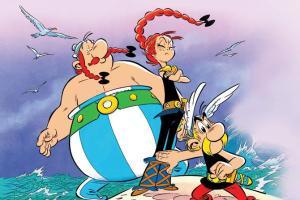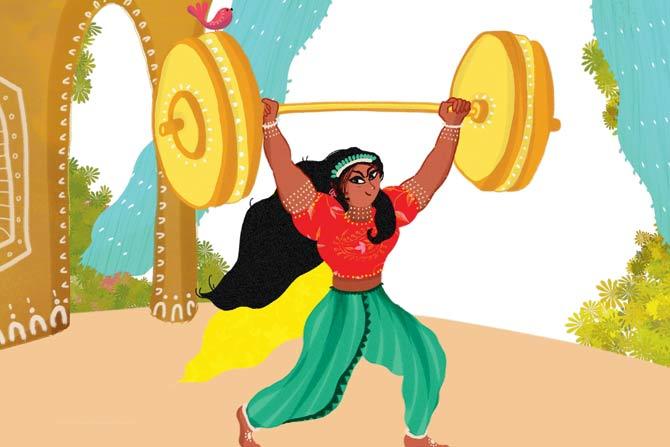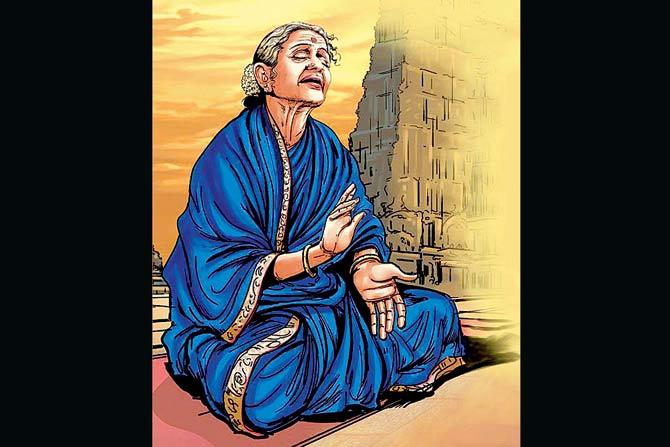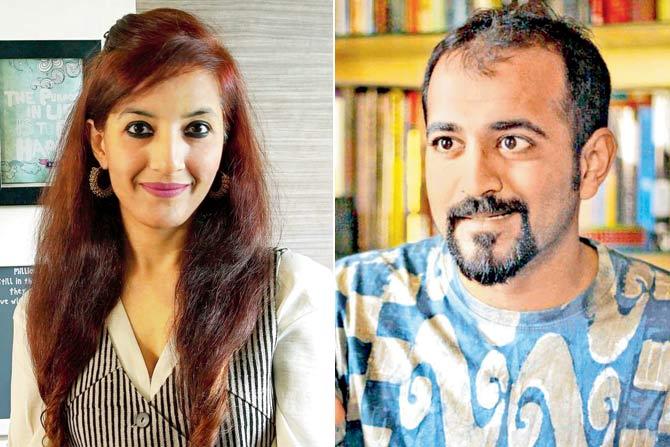After 60 years, Asterix gets its first female hero. Publishers and creators highlight why women have been sidelined, and how things could be changing.

Pic Courtesy/Asterix and Obelix Facebook
In October 1959, the world got its first glimpse of Asterix in Pilote, a French comics magazine. Originally written by René Goscinny and illustrated by Albert Uderzo, the story of the gaul Asterix has been translated into over a 100 languages. But it wasn't until last month that its 60-year-old legacy witnessed a drastic change. It's current team of writer Jean-Yves Ferri and illustrator Didier Conrad have created the first female hero in their 38th book Asterix and the Chieftain's Daughter.
ADVERTISEMENT

Debasmita Dasgupta's Princess Nila (Pratham Books)
"It's such a wonderful step. Adrenaline! The name says it all," says Reena Puri, the executive editor of Amar Chitra Katha (ACK). But does 60 years feel a little too late? Puri agrees that one would think that the West would've progressed in matters of representation. "In the 2000s, Tinkle introduced Janoo and Woolie Woo centred around a friendly witch named Janoo, while ACK has always had female characters because history is filled with them," she informs.

A book on MS Subbulakshmi by Amar Chitra Katha
In Tinkle Times, Puri says, they frequently featured Kalpana Chawla, before covering her story after her death in 2003. Graphic novels publisher Campfire, too, recently published a biography of Lakshmibai, Rani of Jhansi and director Girija Jhunjhunwala, believes that women, whether as creators or as characters, are not sidelined in the industry any more. "What is changing is the inclusion of female leads in existing canons, such as Asterix. This is happening in other media as well, such as the eponymous lead in the popular British TV series, Dr Who, is now a woman," she states.

Reena Puri, Girija Jhunjhunwala
Singapore-based illustrator Debasmita Dasgupta has worked on graphic novels with strong female protagonists such as The Weightlifting Princess and Nadya. "Adrenaline is needed at a point where a Greta or Malala is inspiring all of us. "But I was listening to the creators of Asterix and what is bothering me is that they said that not many girls were reading comics. That means that they were keeping in mind the market. My question is who creates that?," she asks. Noted graphic novelist George Mathen concurs that it is a commercial move. "The comics are a subversion to the mainstream superhero variety — where characters like Scarlett Johansson as Black Widow is a prop. It's basically a known name so the creators just want to make money out of it," he says.

Debasmita Dasgupta, George Mathen
And though all agree that the move will have an impact, Puri states that everything bottles down to the way a female character is written — unsexualised and not stereotyped, "it should leave people thinking 'Why wasn't she there earlier?'"
Stop stereotyping
Early this year, mid-day reported that over thousand people had signed a petition against the depiction of Chutki in the cartoon Chhota Bheem where she is seen making or stealing ladoos for him.
Catch up on all the latest Mumbai news, crime news, current affairs, and also a complete guide on Mumbai from food to things to do and events across the city here. Also download the new mid-day Android and iOS apps to get latest updates
 Subscribe today by clicking the link and stay updated with the latest news!" Click here!
Subscribe today by clicking the link and stay updated with the latest news!" Click here!






